ELLIPSE Gatekeeper+ Course in Suicide Prevention
The course is dedicated to people interested in suicide prevention. The aim is to help you to save someone’s life.
The course is dedicated to people interested in suicide prevention. The aim is to help you to save someone’s life.
![]()
![]()

The ELLIPSE Gatekeeper+ (EG+) course was created thanks to the effort of ELLIPSE-project partners from 5 countries (Austria, Hungary, Norway, Poland and Sweden) under 1KA2 Cooperation for innovation and the exchange of good practices KA203 Strategic Partnership for higher education, co-financed by the European Union Erasmus+ programme.
The course has been developed and is conducted by experienced educators representing not only Jagiellonian University but also from Poland – University of Warsaw and Polish Association of Suicidology, Sweden - Region Blekinge and SPES-Blekinge, Austria - Medical University of Vienna, from Hungary - Oriold & Co and from Norway - Sykehuset Inlandet Trust.
Project ID number: 2019-1-SE01-KA203-060571
Title: E-Lifelong Learning in Prevention of Suicide in Europe (ELLIPSE)
Duration: 01-‐09-‐2019 to 31-‐12-‐2022 (40 months)
Call 2019 Round 1 KA2 Cooperation for innovation and the exchange of good practices
KA203 Strategic Partnerships for higher education
Disclaimer: The support of the European Commission for this project does not constitute an endorsement of the content, which reflects only the views of the authors, and the Commission is not responsible for any use that may be made of the information contained herein.
The goals of this course are to:
After the completed course:
You will be able to use your knowledge and enhanced communication skills in real-life hopefully saving lives!
Participation in the course does not require any preliminary knowledge of suicidology.
The education is aimed at you who…
Module A with 4 lessons is about crisis management based on the 12 Steps Safety Plan.
Module B with 10 lessons is based on quotations from professionals sharing their experiences of working with suicide prevention, aims to get you an insider’s perspective on suicide prevention, prepare you for challenges, and show ways how to handle them and discuss them with the other course participants in the Discussion part of the course. You can study the whole of Module B, or choose only the parts that correspond to a profession of your interest:
Module C with 10 lessons covers 10 main suicide prevention competencies:
Module D with 22 lessons is based on video interviews with world-known researchers covering different areas of suicide prevention, including postvention.
The course consists of 4 modules over 15 weeks. You can decide how much time you will spend on each module. We recommend that you plan:
The key presumption of course creators is that higher study stress doesn’t necessarily translate to more knowledge and skills of a student, layperson, peer with lived experience, or a professional with suicide prevention competency gained during the course. That is why one of the aims of the course is to provide every student with low stress, high resilience, and a student-friendly learning environment with access to one of the course creators on ZOOM for one hour every week. Consultations are available in English, Polish, and Swedish.
To pass the course and receive a certificate, you need to get 60% on at least two selected course modules by answering 10 questions at the end of each module (A-D).
You will be also asked to fill out short surveys before and after the course that will give you an idea of how you feel about the study material, and if you have increased your knowledge in the given topic (we will use feedback from you to make future adjustments to increase course quality).
Should you require any assistance for mental health issues in your native language, you are welcome to visit the website: https://findahelpline.com/, and if you wish to practice some mental health skills and create your own 12 Steps Safety Plan (12 SSP) visit our website: https://ellipse.12stepsplan.com.
Contact course creators: info@12stepsplan.com
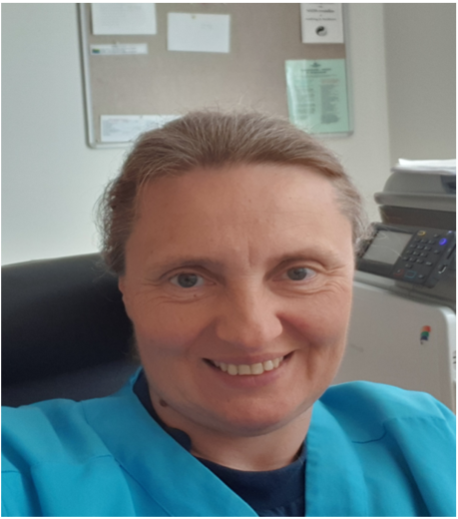 Anna Baran
Anna Baran
Psychiatrist. Suicidologist. Affiliated researcher at the Linnaeus University, Kalmar-Växjö, Sweden
International coordinator of ELLIPSE grant. Graduated from Jagiellonian University Collegium Medicum. A member of IASP, the Suicidology Section of the European Psychiatric Association, and the Polish Association of Suicidology. Expert in the Working Group on prevention of suicide and depression at the Public Health Council at the Ministry of Health. Coordinator of the educational task (Task 6) of the National Strategy of Suicide Prevention in National Health Program (2021-2025) in Poland. Co-author of three handbooks in suicide prevention: for media professionals, for people that are interviewed in media, and for the moderators and administrators of the internet networks. Interest: suicide prevention (since 2005) Swimming, sailing, photography, languages.
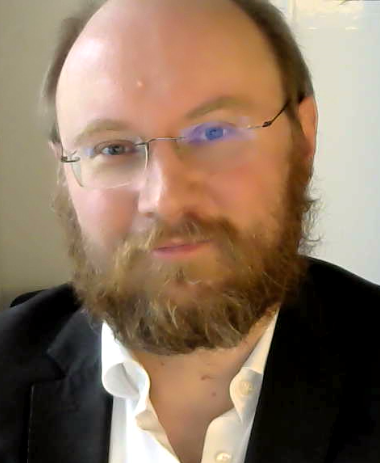 Nestor D. Kapusta
Nestor D. Kapusta
Associated Professor at the Medical University of Vienna; Austria
Austrian coordinator of ELLIPSE grant. Associated Professor at the Department for Psychoanalysis and Psychotherapy at the Medical University of Vienna (MUW). Head of the Suicide Research Group. Member of the scientific advisory board of the Austrian Ministry of Health for implementing the National Suicide Prevention Programme (SUPRA). Head of a National “Gatekeeper Curriculum in Suicide Prevention Project”. Interest: family.
 Marta Makara-Studzinska
Marta Makara-Studzinska
Professor at the Jagiellonian University Collegium Medicum, Poland
Head of the Department of Health Psychology at the Faculty of Health Sciences. Clinical psychologist, public health specialist, psychotherapist, and psychotherapy supervisor. Expert in the Working Group on prevention of suicide and depression at the Public Health Council at the Ministry of Health. Interests: sailing, basketball.
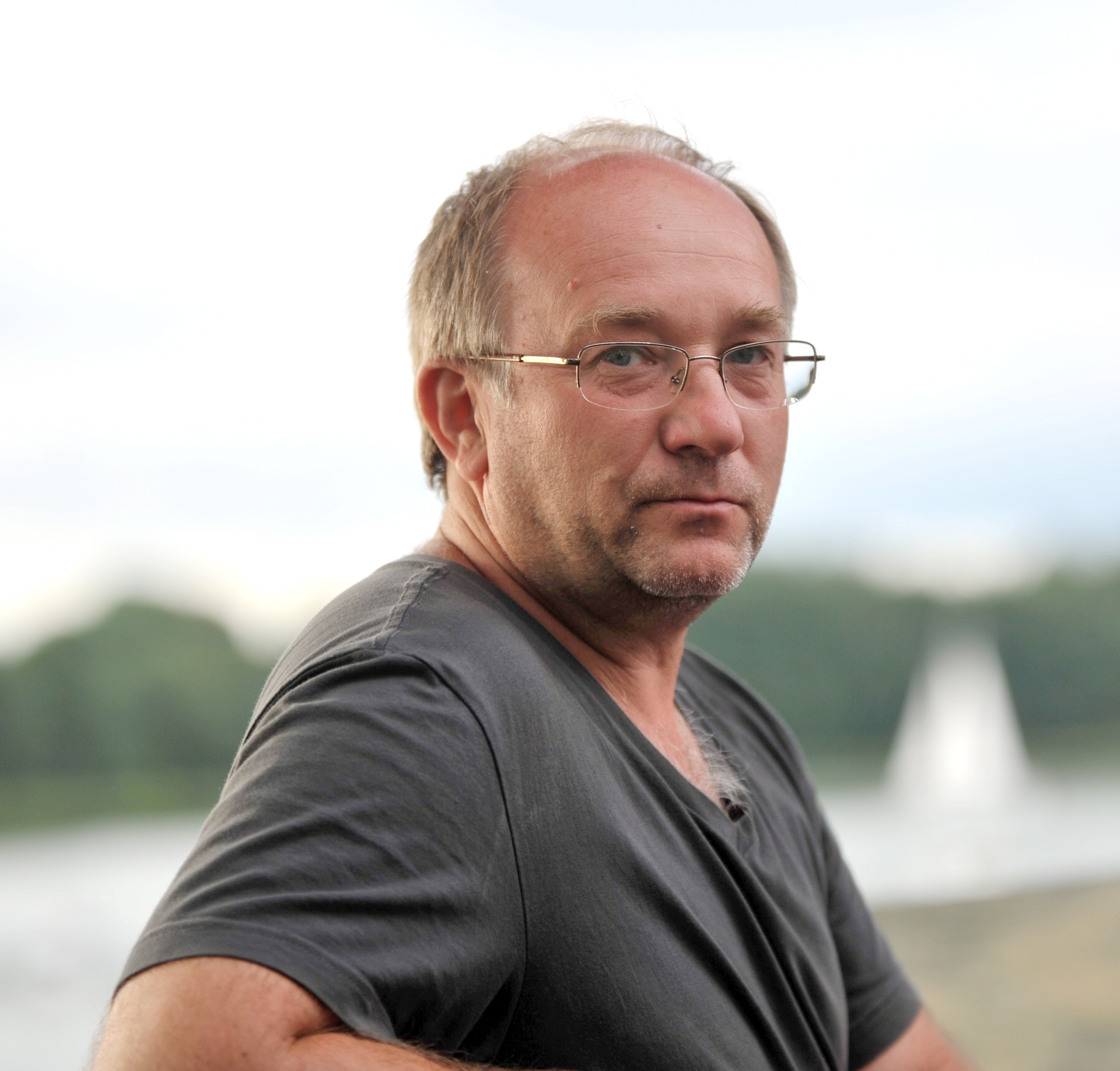 Maciej Załuski
Maciej Załuski
Senior lecturer at the Jagiellonian University Collegium Medicum, Poland
Clinical psychologist, psychotherapist, and academic teacher. He graduated from the Institute of Psychology of the Jagiellonian University, where he obtained a doctoral degree in humanities. A specialist in rescue in the field of disaster medicine. He conducts individual and marital psychotherapy, post-traumatic psychotherapy, psychotherapy of personality disorders, and crisis intervention.
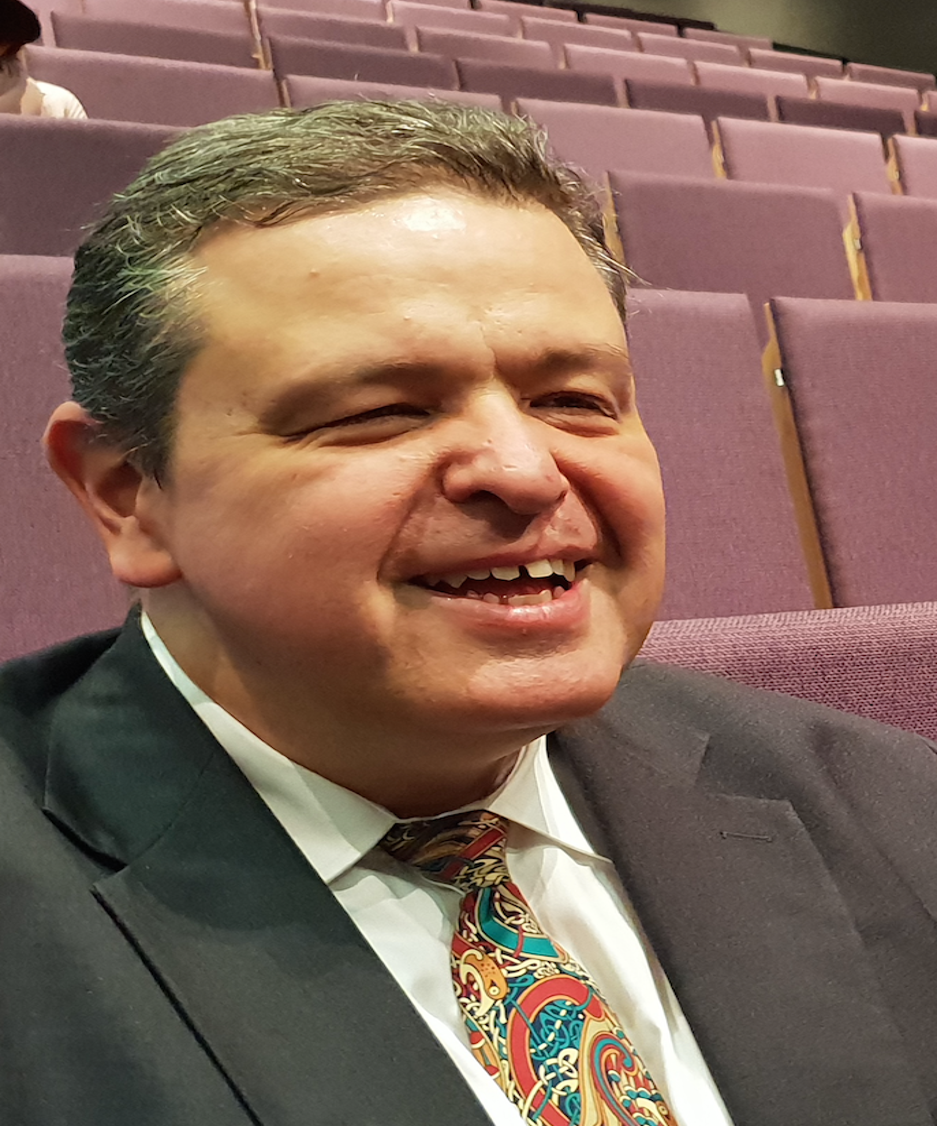 Tomasz Milewicz
Tomasz Milewicz
Senior lecturer at the Jagiellonian University Collegium Medicum, Poland
A reproductive endocrinologist and OB/Gyn specialist with 25 years of experience working in the Department of Obstetrics and Gynecology of the Jagiellonian University Medical Faculty in Cracow. Interests: work, cycling, traveling.
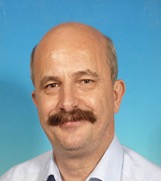 Karoly Oriold
Karoly Oriold
General manager, Oriold & Co., Hungary
Hungarian coordinator of ELLIPSE grant. Art therapist and group analyst. Founder of Home inside of soul Foundation. Co-author of the book ”Understanding Suicide” edited by Prof. Philippe Courtet. His Foundation helps suicide loss survivors and trains volunteers for helping them. Interests: suicide prevention (since 2002), dance, art.
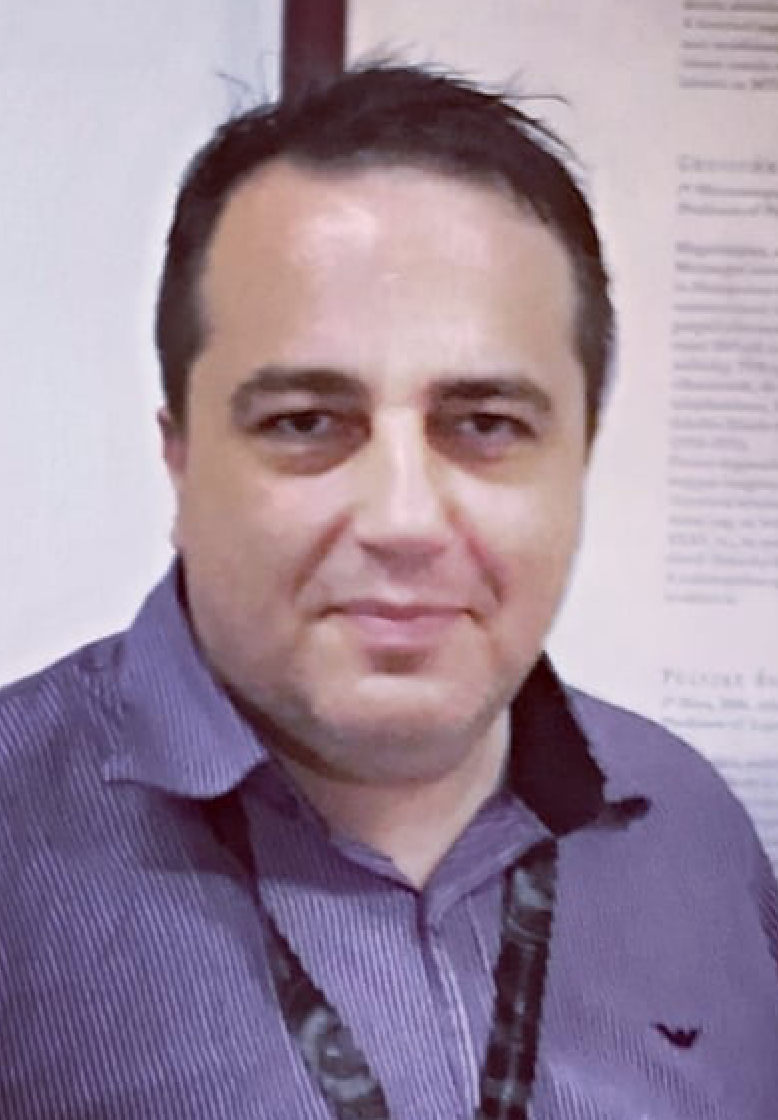 Krisztian Indries
Krisztian Indries
Adjunct professor at Eötvös Loránd University Faculty, Hungary
A clinical psychologist, and adjunct professor at Eötvös Loránd University Faculty of Social Sciences, Budapest, Hungary. He is engaged in the health of students and in suicide prevention. Interests: Japanese culture.
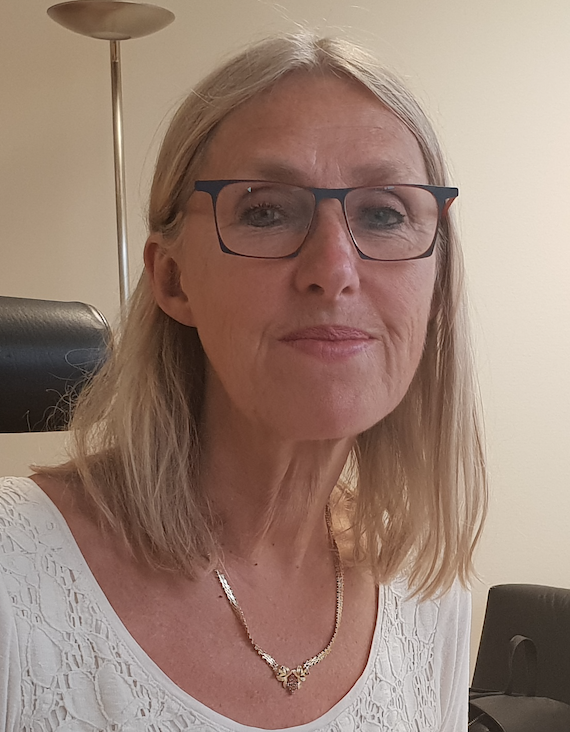 Maiellen Stensmark
Maiellen Stensmark
Suicide Loss Survivor, SPES Blekinge, Sweden
Coordinator of ELLIPSE grant on behalf of SPES Blekinge. Teacher in the Spanish Language. Social worker/community planner, aroma- and acupressure masseur. She is a Chairperson of non-profit organizataion, SPES Blekinge (2010-2022). Author of the book "Såphalka och Lingontuvor" (Eng. "Soap slips and lingonberries") (2015) about sorrow, the relation to a daughter and her suicide at the age of 21, 2004. Maiellen writes a blog on suicide prevention (https://www.forebyggsjalvmord.se/). Interests: dance, swimming, sailing, art, and nature.
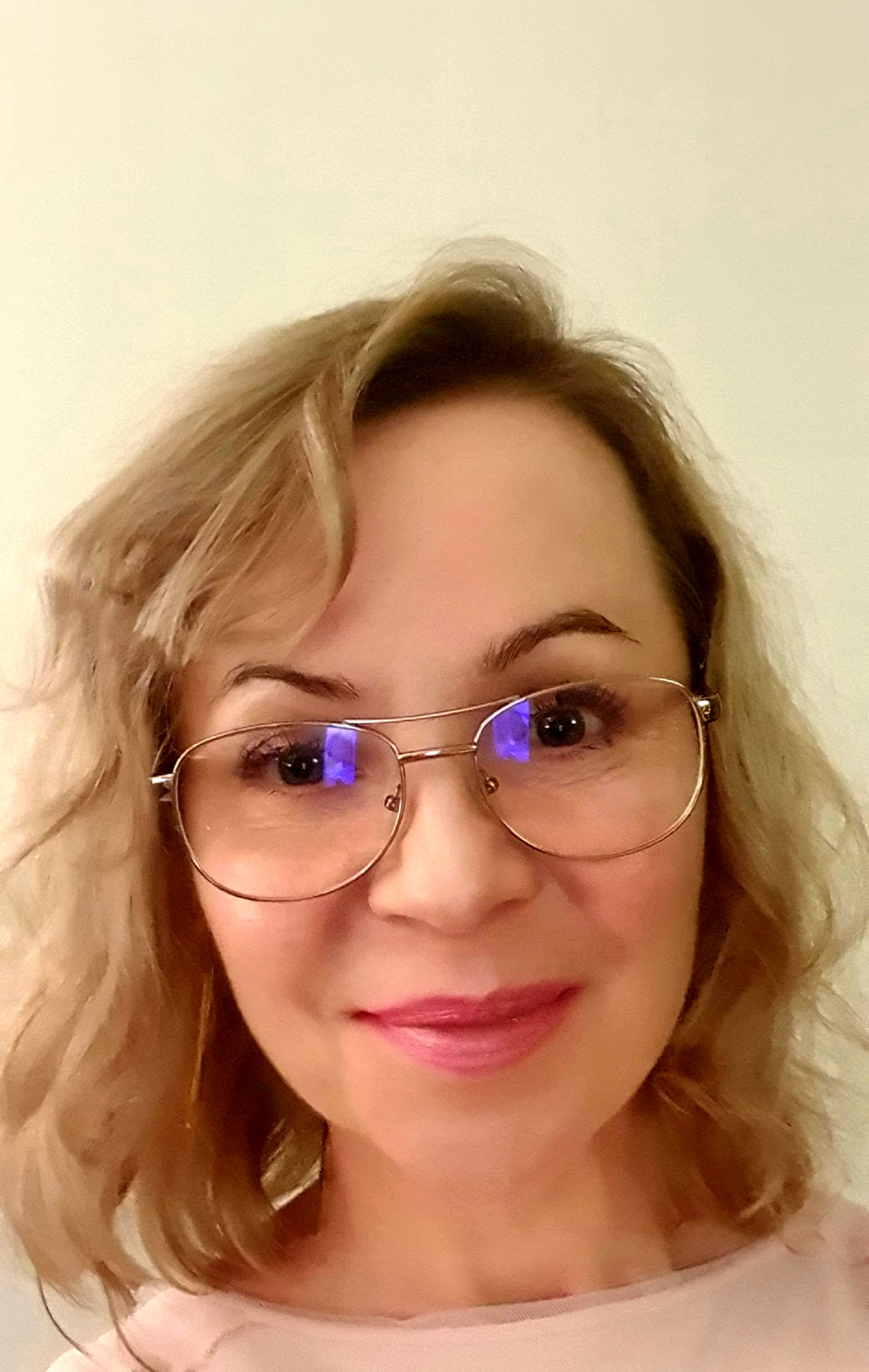 Anita Mlodozeniec
Anita Mlodozeniec
Psychiatrist, suicidologist, Sykehuset Innlandet, Norway
A specialist in adult psychiatry and addiction medicine. Ph.D. thesis Suicidal thinking among patients with schizophrenia and schizoaffective disorders. Co-author and author of books and publications on suicidal risk among adolescents and patients with mental disorders. Interests: yoga, tennis.
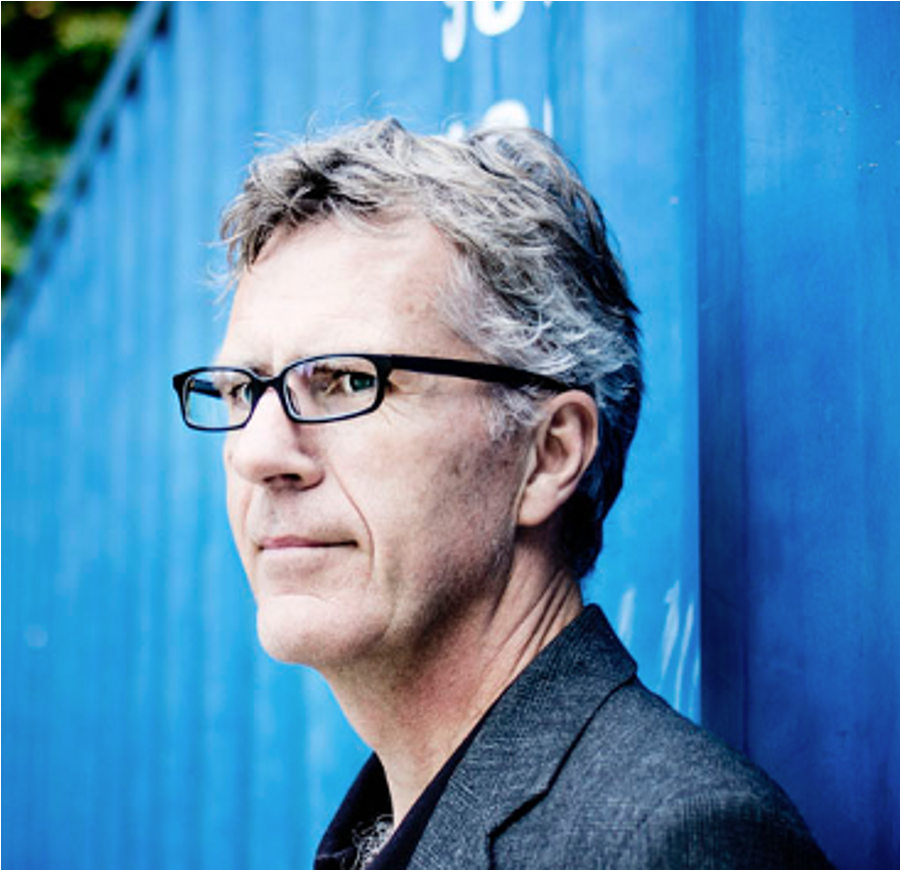 Lars Lien
Lars Lien
Professor at Inland Norway University of Applied Sciences, Norway
Lars Lien, professor, Inland Norway University of Applied Sciences, Faculty of Health and Social Sciences (www.inn.no). A psychiatrist and public health specialist. National Norwegian advisory board for concurrent addiction and mental health problems, Innlandet Hospital Trust (www.rop.no). Interests: music, especially opera; canoeing, cycling, skiing, and running.